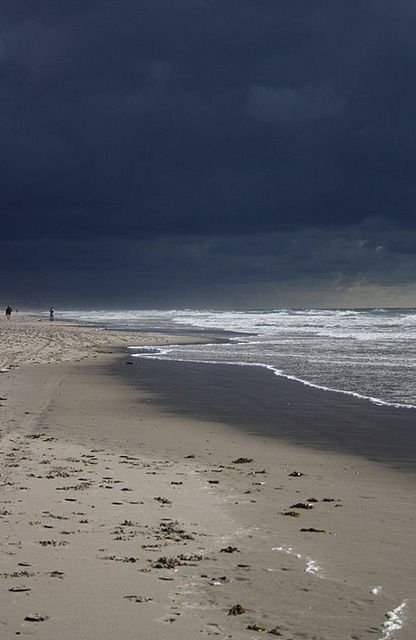The Day I Told My Mother I Had Cancer — And Took Care of Her Instead
- Jasper Van Remundt
- Jul 21, 2025
- 2 min read
When I got diagnosed with cancer, I kind of knew it was coming.
Not just physically—though the tumor in my neck had been speaking loudly by then—but energetically. Mentally. Something deeper had already felt off for a long time.

The diagnosis didn’t surprise me. But something else did.
It took me months to realize that on the day I told my mother I had cancer, I wasn’t actually focused on myself.
I was comforting her.
The moment I said the word, I watched her body freeze. Her eyes shifted, her face collapsed, her whole energy screamed:
"Oh my god... Are you going to die?"
She burst into tears.
And what did I do?
I held her. I went to her. I rubbed her back. I told her:
"We will get through this." "I got this." "Don’t worry, it’s going to be okay."
I became the stable one. The emotional container. The soothing presence.
Not because I wasn't terrified—I was. Not because I had the answers—I didn’t. But because that’s what I had always done.
My mother, at the time, was already struggling with alcoholism. She wasn’t emotionally available. And still, in one of the hardest moments of my life, I made myself emotionally available for her.
That’s a pattern I didn’t see clearly until much later.
Recently, I came across something Gabor Maté said about cancer patients:
_"Those who develop cancer often have a strong tendency to suppress their own emotional needs in order to protect or care for others."
I felt that in my body.
Because I had lived it.
For so long, I coped by becoming the one who made things easier for everyone else. Even in diagnosis, I wanted to make it easier to hear. To soften the edges. To carry the emotional load for them, even when I was the one who needed holding.
This isn’t about blame. Not toward my mother. Not toward myself.
It’s about awareness. It’s about realizing that part of healing is letting go of the idea that we must always be strong for others.
Sometimes healing means finally letting someone hold you.
Sometimes it means sitting in the truth of how much energy you spend trying to keep everyone else comfortable, while your own needs stay unspoken.
I share this not because I have it all figured out—but because if you’re someone who always takes care of others, even when you’re hurting... you’re not alone.
And you’re allowed to choose yourself.
That doesn’t make you selfish. It makes you whole.
Has there been a moment in your journey where you realized you were comforting others while you were breaking?
I’d love to hear your story.
Because we heal in truth. And we heal in presence. Together.




Comments